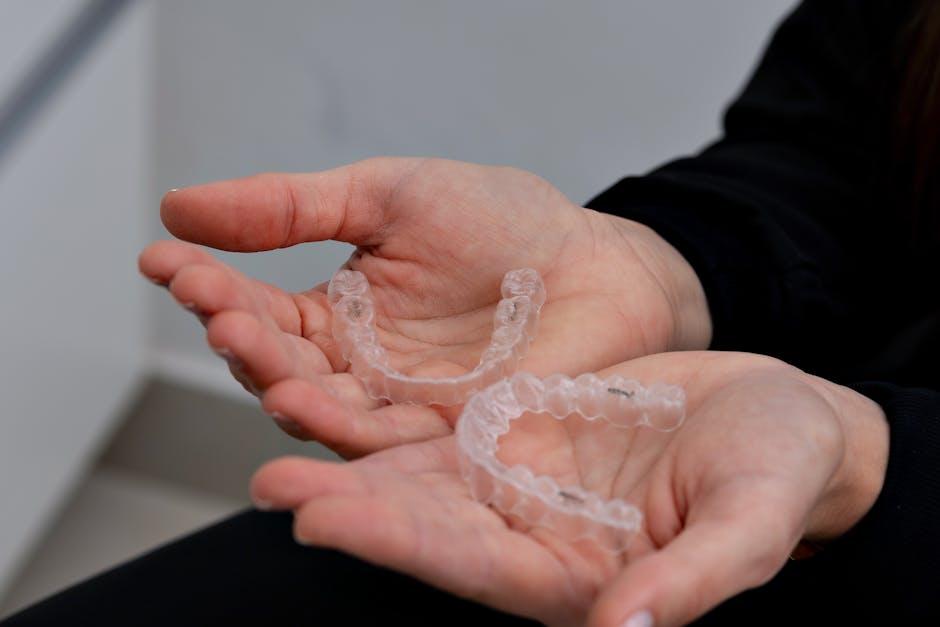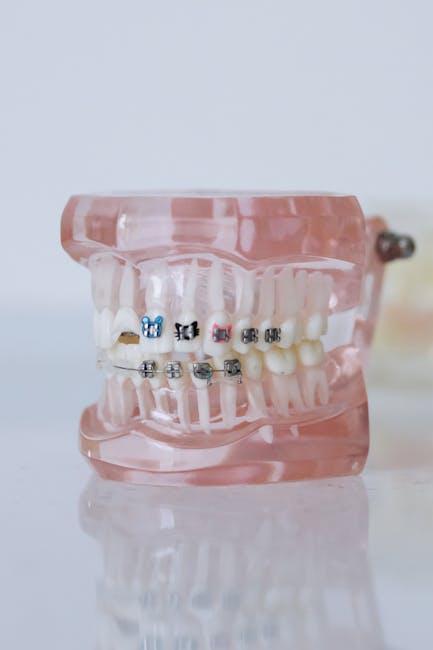
Midwest Access: Tooth Talk: Dental Sleep Appliances – KTTC News
In recent years, awareness about sleep health has surged, and with it, innovative solutions to common problems like sleep apnea and snoring. One such innovation spotlighted by KTTC News on Midwest Access: Tooth Talk is the use of dental sleep appliances. These oral devices are changing lives by providing comfortable and effective alternatives to traditional treatments for sleep-disordered breathing.
What Are Dental Sleep Appliances?
Dental sleep appliances, also known as oral sleep devices, are custom-made mouthpieces designed to improve airflow during sleep. They are primarily prescribed to treat obstructive sleep apnea (OSA) and snoring by repositioning the jaw and tongue to prevent airway obstruction.
Unlike bulky continuous positive airway pressure (CPAP) machines that require wearing a mask, dental sleep appliances are portable, discreet, and easy to use. They work by gently advancing the lower jaw forward, keeping the airway open to ensure a steady, unobstructed breathing pattern throughout the night.
Why Midwest Access: Tooth Talk Is Highlighting Dental Sleep Appliances
Midwest Access’s Tooth Talk segment, featured on KTTC News, aims to educate the community about innovative dental solutions that improve overall health. Dental sleep appliances are a perfect example, as they address a growing concern — sleep-related breathing disorders — with practical, patient-friendly options.
- They offer a non-invasive, drug-free solution for chronic snoring and sleep apnea.
- Many patients find them more comfortable and convenient compared to CPAP therapy.
- Dental professionals in the Midwest region are increasingly trained to fit and customize these devices.
How Dental Sleep Appliances Work
The science behind these devices is relatively simple but highly effective:
- Jaw Advancement: The device repositions the lower jaw slightly forward, which tightens the soft tissues and muscles of the throat, reducing the vibration that causes snoring.
- Tongue Stabilization: Some appliances include components that hold the tongue in place, preventing it from falling back and blocking the airway.
- Airway Expansion: By maintaining the airway in a more open position, airflow improves significantly, reducing apnea events—pauses in breathing during sleep.
Benefits of Dental Sleep Appliances
Dental sleep appliances provide numerous advantages for people struggling with sleep apnea or chronic snoring:
- Comfort: Small, custom-fitted devices cause less disruption than traditional treatments.
- Improved Sleep Quality: They promote uninterrupted breathing, leading to better rest and daytime alertness.
- Portability: Easily travel with them, no bulky machines or electrical power needed.
- Non-Invasive: No surgery or medication involved.
- Cost-Effective: Typically more affordable than CPAP machines and surgical options.
Who Should Consider Dental Sleep Appliances?
Dental sleep appliances are suitable for many individuals, including:
- Adults with mild to moderate obstructive sleep apnea
- People who snore regularly and disrupt their own or partner’s sleep
- Those intolerant or non-compliant with CPAP machines
- Patients seeking a simple, non-surgical approach to improve breathing during sleep
However, they may not be ideal for individuals with severe apnea or specific dental conditions, making a professional evaluation essential.
Practical Tips for Using Dental Sleep Appliances
To maximize the benefits of your dental sleep appliance, keep these tips in mind:
- Get a Professional Fit: Always have your appliance custom-made by a dentist or sleep specialist trained in dental sleep medicine.
- Regular Adjustments: Periodic adjustments ensure comfort and effectiveness as your jaw shape may change over time.
- Maintain Oral Hygiene: Clean your appliance daily to prevent bacteria buildup and oral infections.
- Follow Up: Regular sleep assessments help monitor treatment success and make improvements if necessary.
Case Study: Midwest Access Patient Experience
Jane, a 45-year-old teacher from Rochester, MN, struggled with loud snoring and daytime fatigue for years. After consulting with her dentist through the Midwest Access network, she was fitted with a dental sleep appliance.
“Since using the appliance, I’ve noticed not only less snoring but waking up feeling refreshed. My energy at work has improved tremendously,” Jane shares. Her experience mirrors countless others in the Midwest who have benefited from accessible dental sleep solutions.
Dental Sleep Appliances vs. CPAP Machines
| Feature | Dental Sleep Appliances | CPAP Machines |
|---|---|---|
| Comfort | Small, mouthpiece device | Mask and tube, can be bulky |
| Portability | Easy to carry and travel with | Less convenient for travel |
| Effectiveness | Best for mild to moderate apnea | Effective for all apnea severities |
| Maintenance | Simple cleaning required | Filter and machine upkeep needed |
| Cost | Typically more affordable | Often more expensive upfront & maintenance costs |
How to Get Started with Dental Sleep Appliances
If you’re interested in exploring dental sleep appliances, here are some steps to take:
- Consult Your Dentist or Sleep Specialist: Schedule a professional evaluation for personalized advice.
- Undergo a Sleep Study: Confirm the diagnosis of sleep apnea or snoring severity.
- Custom Mold Impressions: Your dentist will take impressions of your teeth to create a tailored device.
- Fitting and Adjustment: Receive and adjust your appliance to ensure optimal comfort and effectiveness.
- Follow Up Appointments: Monitor progress and make necessary refinements.
Conclusion: Better Sleep Begins with Your Dentist
For residents in the Midwest and beyond, dental sleep appliances are an increasingly popular tool to combat sleep apnea and snoring. Highlighted by Midwest Access: Tooth Talk on KTTC News, these devices offer a practical, effective, and patient-friendly alternative to traditional sleep apnea treatments.
Better sleep means better health, improved mood, and a more vibrant lifestyle. If you or a loved one suffer from disrupted sleep due to breathing disorders, consider discussing dental sleep appliances with your dentist. A restful night is truly within reach.
Stay tuned to KTTC News and Midwest Access for more updates on dental health innovations that transform lives.


